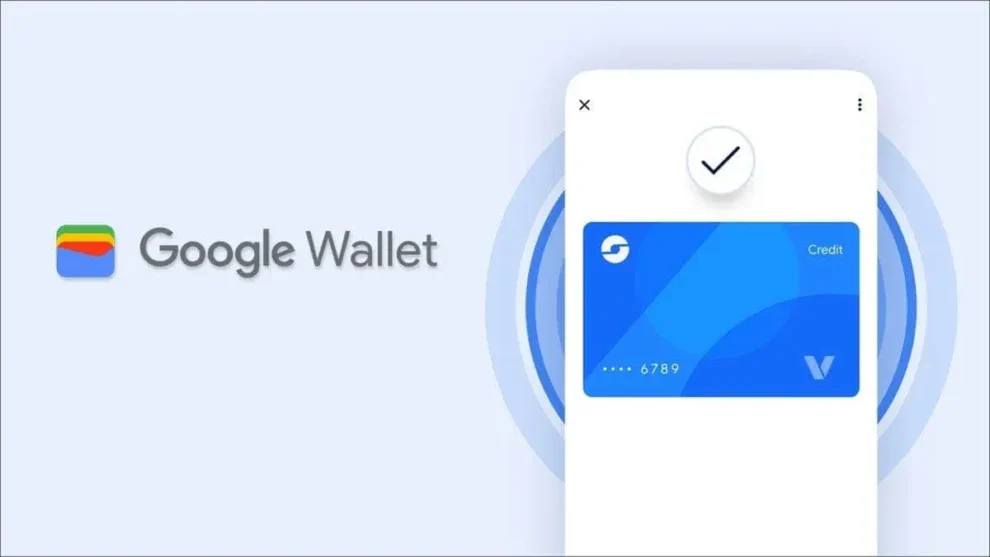Google Wallet now supports passport storage. This development offers users several advantages. The move aims to streamline travel and improve document security. Users find increased convenience and reduced risk of physical passport loss.
Key Benefits:
- Simplified Travel: Users access passport information directly from their phone. This eliminates the need to search for physical documents. Airlines and border control can scan data from the Wallet. This process reduces check-in times.
- Enhanced Security: Digital storage reduces the risk of passport theft or loss. Google Wallet uses encryption and authentication. This protects personal data. If a phone is lost, users can remotely disable access.
- Quick Access to Information: Users retrieve passport details instantly. This is useful for filling out forms or providing identification. Travel apps and websites can access stored information.
- Reduced Physical Document Burden: Carrying a physical passport becomes less necessary. This reduces the risk of damage or misplacement. Users rely on their phone for essential data.
- Offline Access: Google Wallet allows offline access to stored passport information. This is useful in areas with limited internet connectivity. Users access data without relying on cellular networks.
- Potential for Future Travel Integration: The digital passport system could integrate with other travel services. This includes automated border control and digital visa applications. The system provides a foundation for future travel technology.
Detailed Breakdown:
The move to digital passports in Google Wallet reflects a growing trend. Governments and technology companies explore digital identity solutions. This aims to improve security and convenience for citizens.
Regarding simplified travel, airlines and border control agencies are working to accept digital passports. Some airports have started trials with digital identification. Users present their phone for scanning. The system verifies data against government databases. This process aims to speed up passenger processing.
Security is a primary concern with digital documents. Google Wallet uses multiple layers of security. This includes encryption and biometric authentication. Users must verify their identity to access the stored passport. If a user loses their phone, they can use Google’s Find My Device feature. This allows remote locking or wiping of data.
Quick access to information is a benefit for frequent travelers. Users often need to provide passport details for online check-in or visa applications. Google Wallet stores this data securely. Users can copy and paste information as needed.
Reducing the physical document burden is a key advantage. Passports are vulnerable to damage and theft. Users can minimize the risk by relying on digital storage. This is especially useful for short trips or domestic travel.
Offline access is crucial for travelers in remote areas. Internet connectivity is not always available. Google Wallet stores passport data locally on the device. This allows access without a network connection.
Future travel integration is a long-term goal. Digital passports could streamline international travel. Automated border control systems could scan digital documents. This would reduce wait times and improve efficiency. Digital visa applications could also use stored passport data.
Google has worked with international standards organizations to ensure compatibility. The system aligns with global travel document standards. This ensures that digital passports are recognized and accepted.
User privacy is a priority. Google Wallet does not share passport data with third parties without user consent. Users control how their information is used.
The adoption of digital passports will likely increase over time. Governments and technology companies continue to invest in digital identity solutions. This trend reflects a shift towards more secure and convenient travel.




